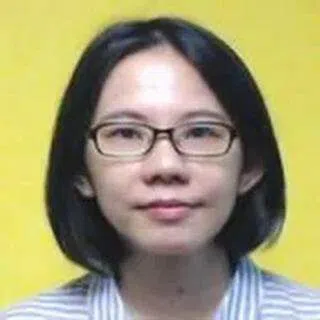Wealthy Chinese setting up family offices in Singapore see it as springboard to ASEAN
In the first of a seven-part Lianhe Zaobao-Business Times series on China and ASEAN, Zaobao business correspondent Lai Oi Lai gives an update on the trend of high-net-worth Chinese investors coming to Singapore to set up family offices and invest in start-ups.
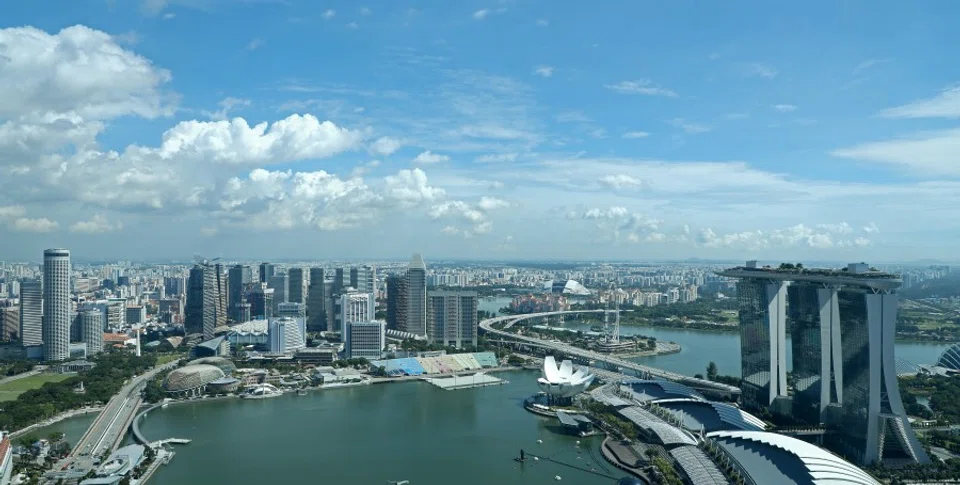
Five years ago, Chinese billionaire Liang Xinjun left Fosun Group, of which he was co-founder, due to health reasons. After a break, he set out to explore blockchain and artificial intelligence (AI) - and three years ago, he set up a family office in Singapore.
Forbes estimates Liang's net worth at US$2.2 billion, putting him in 1,397th place in the magazine's 2022 global billionaire rankings.
Before deciding on Singapore, Liang had considered many other destinations. In an interview, he said: "Hong Kong was an option. I also considered Japan, Taiwan, and Vancouver in Canada."
He initially had three doubts about Singapore: "The first was whether Singapore's weather was too hot; the second was a possible lack of opportunities; the third was that hiring in Singapore might be challenging."
After mulling over the different options, he still picked Singapore. "When I decided on Southeast Asia and South Asia markets as the focus of my investments, primarily in blockchain and AI, I discovered that Singapore actually offered a lot of opportunities."
Optimistic about Web 3.0
Liang sees some countries as friendlier to metaverse and blockchain developments. The first is the US, followed by Singapore.
"As investors or entrepreneurs, we don't like sudden about-turns or emergency braking, nor illogical measures." - Chinese billionaire Liang Xinjun
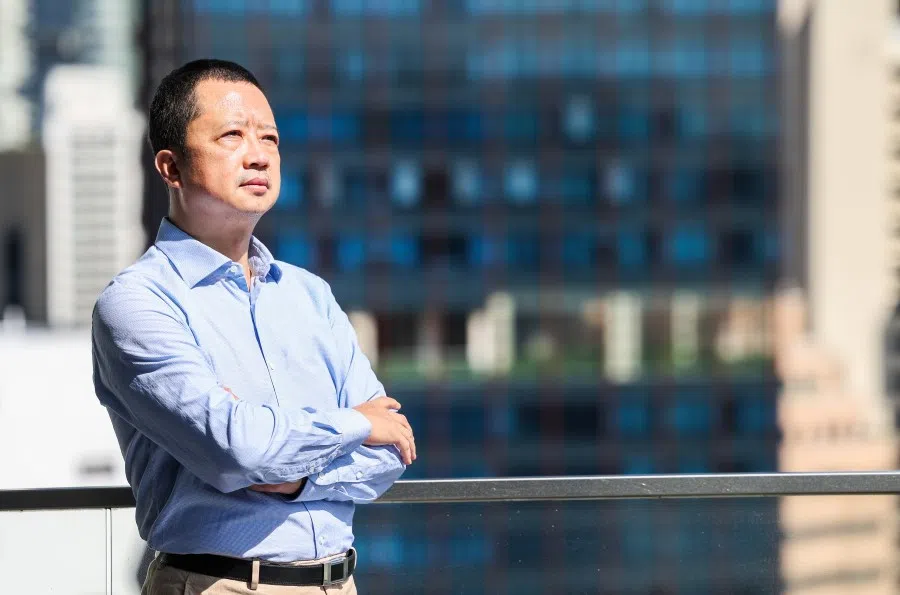
"This is crucial for a small economy like Singapore," he said. "Why? Because in the age of Web 3.0 or the next-generation internet, national borders between users and data will disappear completely."
He gave the example of how Facebook accounts cannot be used to log into WeChat, which is inconvenient for small vendors.
"It's very hard to sell your products to WeChat users, you have to talk to Tencent to make it happen; but with Web 3.0, all the platforms in the world can be accessed by the same account."
Web 3.0 refers to the next-generation internet based on blockchain technology, incorporating concepts such as decentralisation and Bitcoin. The end goal is a smarter, more connected, and more open internet.
Liang thinks that Web 3.0 is becoming more important as the economies of the US and China decouple. Data sharing between Web 3.0 users allows some hedging against the risks of deglobalisation.
In addition, the Monetary Authority of Singapore (MAS) has clear policies on the regulation of these new forms of business and the entities engaging in them, offering a measure of assurance to investors.
"Singapore's policies are clear and will rarely veer off course," he said. "As investors or entrepreneurs, we don't like sudden about-turns or emergency braking, nor illogical measures."
As for hiring, Liang agrees with the approach of Singapore's Tech.Pass scheme. If such tech talents start up or move their businesses here, this creates employment opportunities for Singaporeans, he said. As more Tech.Pass talents enter Singapore, local employers will also have more hiring choices.
Liang has invested in a number of new Web 3.0 startups, such as DigiFT, PlatON and DeBank.
DigiFT, headquartered in Singapore, recently gained approval to enter the MAS FinTech Regulatory Sandbox. The firm aims to complete the sandbox phase by the first half of 2023, and become the first licensed decentralised trading platform for security tokens.
Families from mainland China, Hong Kong, and Taiwan make up 70% of Dentons Rodyk & Davidson's family office business.
More mature family offices seek higher risks, faster growth
There is no lack of family offices which, like Liang's, are keen on the development of emerging technologies in Singapore.
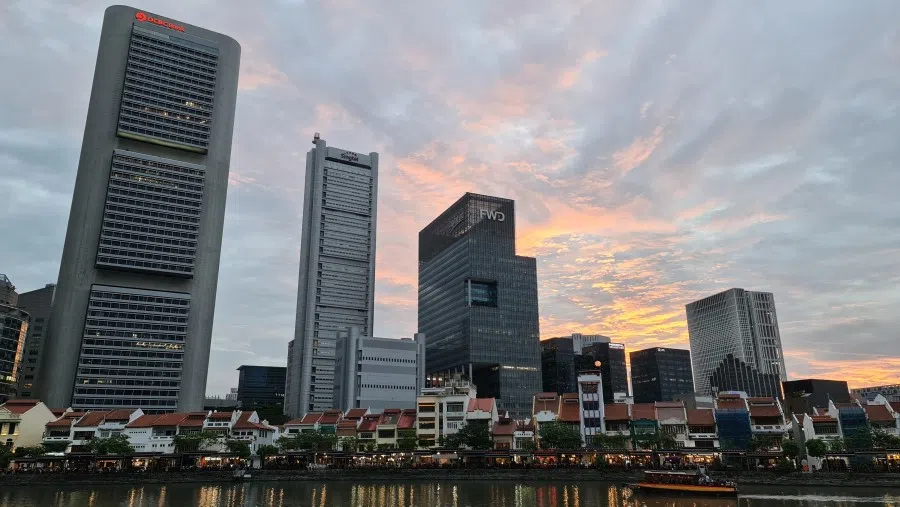
Lim Li Li, head of global investors, family offices and financial intermediaries at the Bank of Singapore, said: "The newer family offices tend to be more conservative, preferring yield plays - fixed income instruments, real estate - over growth assets."
"The more established family offices usually invest across a broader spectrum of asset classes, and have higher risk appetite for illiquid private market transactions and pre-IPO deals."
Lim also noted a clear change in family offices' asset allocation in recent years: more investment in alternative assets such as private equity, venture capital (VC), real estate, and direct investment.
"We have seen more family offices actively seeking venture capital investments and increasing their allocation to this space," she said. "They are most interested in disruptive technologies such as cybersecurity, Web 3.0, blockchain and fintech."
This is in line with the global trend. Global VC volume in 2021 was more than double that of 2020, with family offices contributing significantly. Lim thinks the pandemic has accelerated technological change, with disruptive new technologies presenting attractive opportunities to VCs.
Loh Kia Meng, senior partner and chief operating officer at Dentons Rodyk & Davidson LLP, said: "We observe a similar trend of family offices being VC investors."
"This is particularly true in Singapore, which is establishing itself as a hotbed for tech startups, so family officers and VC investors are spoilt for choice. The tech startups they are looking at include technologies involving medical or pharma, media and fintech."
Families from mainland China, Hong Kong, and Taiwan make up 70% of Dentons Rodyk & Davidson's family office business.
...investors from the Guangdong-Hong Kong-Macau Greater Bay Area accounted for 44% of new family offices in Singapore in the first four months of 2022, up from 38.6% last year.
Higher barriers to entry are more attractive instead
In mid-April this year, MAS announced that family offices set up under the Section 13O scheme would now require a minimum fund size of S$10 million, with a commitment to raise this to S$20 million within two years. There was no minimum requirement prior to this.
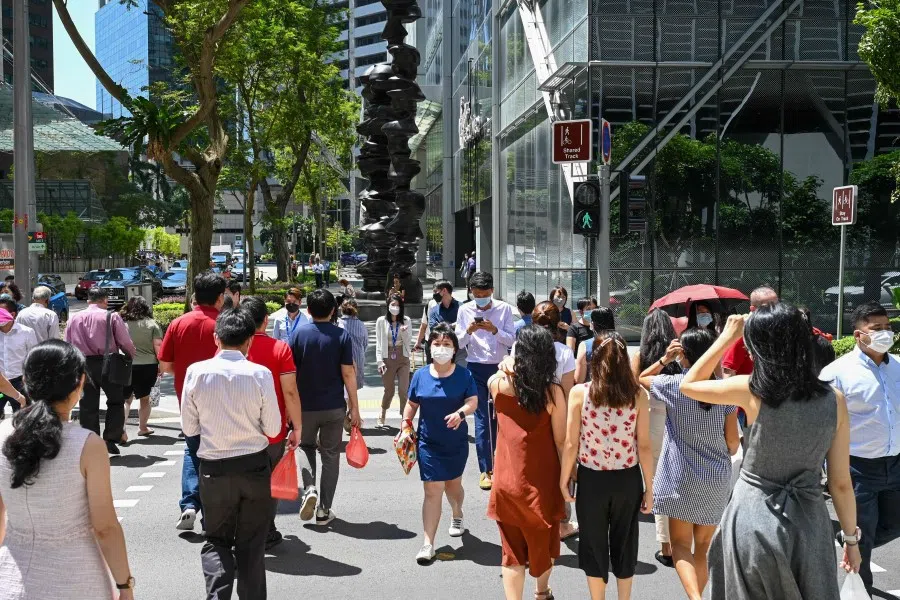
For family offices under the Section 13U scheme, the minimum fund size remains unchanged at S$50 million. MAS also requires family offices to invest at least 10% or S$10 million of their funds - whichever is lower - in the local market.
But Loh noted that investors from the Guangdong-Hong Kong-Macau Greater Bay Area accounted for 44% of new family offices in Singapore in the first four months of 2022, up from 38.6% last year. "We can expect the trend to continue, even with the new guidelines," he said.
"Raising the bar makes having a family office in Singapore even more coveted among the (newly) rich... Having a family office in Singapore means your net worth must at least be S$50 million, since the minimum requirement is now S$20 million."
As the rich do not usually put all of their wealth into their family office, the ability to set aside S$20 million implies a much higher net worth.
In Loh's opinion, the trend has two effects on Singapore. One is an increase in business for law firms, accounting firms, and trustees, and an expansion of asset portfolios handled by asset managers.
The other is an influx of funds into Singapore, with a boom for private banking and asset management; more funds in the private market; and more family offices seeking VC funds and startups to invest in.
